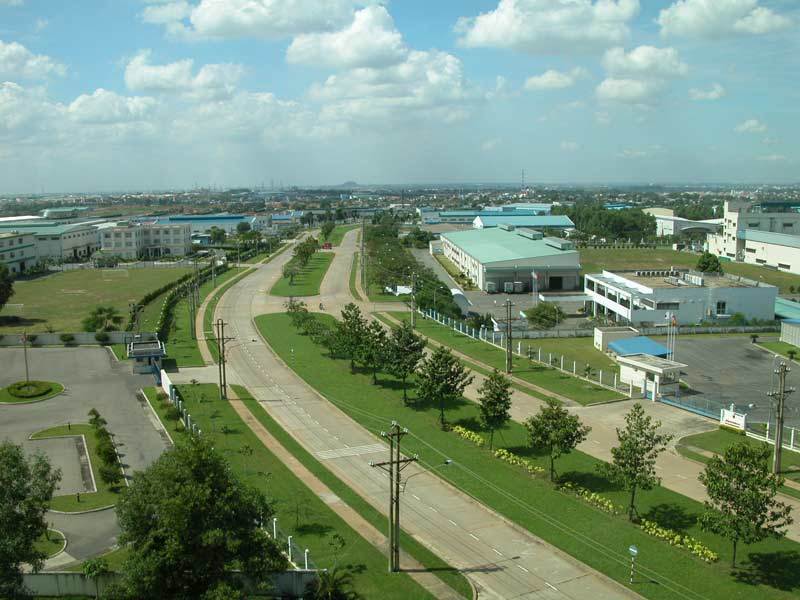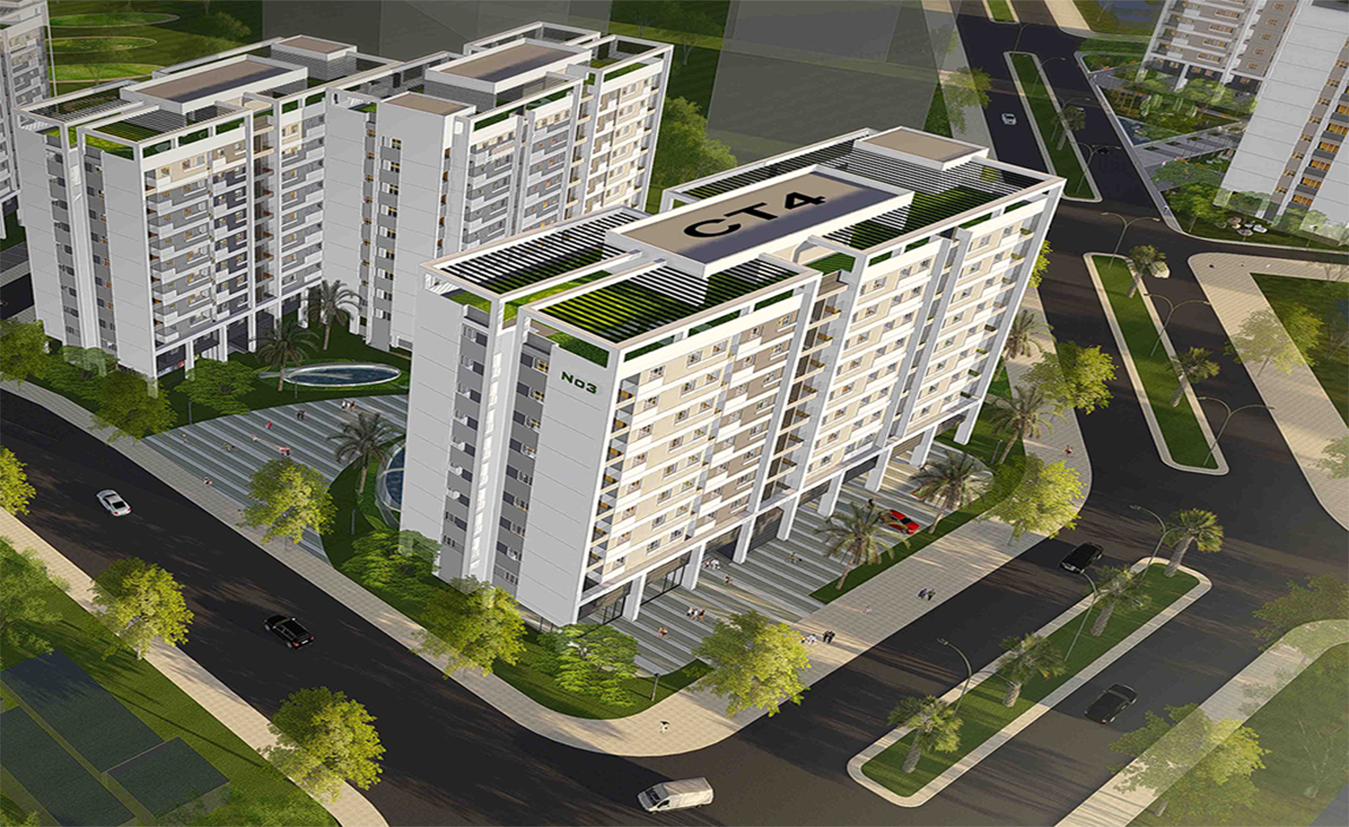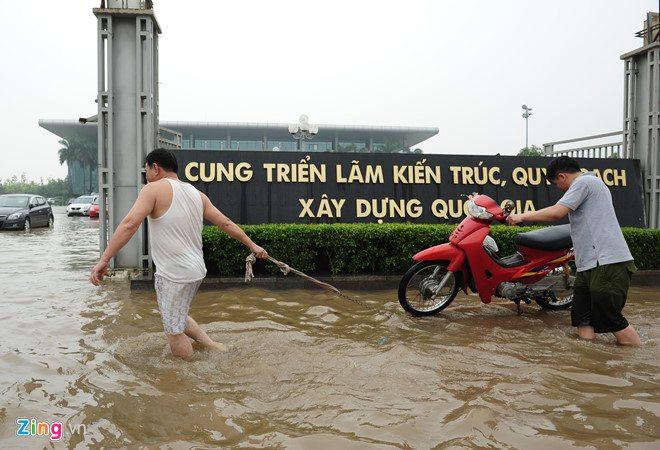When non-agricultural land is used for business purposes, the land user must pay land use tax. However, in some cases, non-agricultural land use is not subject to tax.

According to Article 2 of Circular No. 153/2011/TT-BTC of the Ministry of Finance of Vietnam, there are 08 cases of non-agricultural land used for noncommercial purposes which is not liable to tax:
1. Land used for public utilities, including:
- Traffic and irrigation land, including land for construction of roads, bridges, sluices, pavements, railways, airport and airfield infrastructure, including also land planned for construction of airports or airfields under phased investment projects which have been approved but not yet implemented, land for construction of water supply systems (excluding water plants), water drainage systems, irrigation work systems, dikes and dams, and land within traffic and irrigation safety corridors;
- Land for construction of cultural, healthcare, education and training, physical training and sport facilities for public interests, including crèches, schools, hospitals, marketplaces, parks, flower gardens, children's recreation centers, public squares, cultural works, postal and cultural spots of communes, wards and townships, monuments, commemorative stelae, museums, functional rehabilitation institutions for persons with disabilities, vocational training schools, drug detoxification institutions, reformatories, dignity restoration camps and nursing homes for elderly persons and disadvantaged children;
- Land with historical and cultural relics or scenic places which have been ranked or placed under protection under decisions of People's Committees of provinces and central-affiliated cities;
- Land for construction of other public works, including:
+ Land used for public-utility purposes in urban centers and rural residential areas;
+ Land for construction of common-utility infrastructure facilities in industrial parks, hi-tech parks and economic zones under approved plans;
+ Land for construction of power transmission lines, communication networks, petrol, oil and gas pipelines and their safety corridors;
+ Land of power stations;
+ Land of irrigation reservoirs and dams;
+ Land of funeral homes and crematories;
+ Land of landfills, garbage dumping grounds and waste treatment complexes approved by competent state agencies.
2. Land used by religious bodies, including land of pagodas- churches, oratories, chancels, monasteries, religious training institutions, offices of religious organizations and other religious bodies permitted by the State.
3. Land used as cemeteries and graveyards.
4. Land under rivers, canals, ditches, streams and special-use water surface.
5. Land with communal houses, temples, hermitages, clans' worship halls, including land areas for building these works and their premises.
In this case, land must meet all the conditions for the grant of land use right certificates.
6. Land for construction of working offices and non-business works.
7. Land used for defense and security purposes, including:
- Land of barracks and army camps;
- Land of military bases;
- Land of national defense works, battlefields and other special defense and security works;
- Land of military stations and ports;
- Land of industrial and science and technology works to directly serve national defense and security;
- Land of warehouses of people's armed forces units;
- Land of firing ranges, drill grounds, weapon testing grounds and weapon disposal sites;
- Land of guest houses, public-duty houses, competition halls, gyms and other facilities within barracks and camps of people's armed forces units;
- Land of prisons, detention houses, educational institutions and reformatories managed by the Ministry of National Defense or the Ministry of Public Security;
- Land of other combat works and defense and security works specified by the Government.
8. Non-agricultural land for construction of works of agricultural, forestry, aquaculture or salt-making cooperatives; land in urban areas which is used for construction of glasshouses and other buildings for farming purposes, including cases in which crops are not planted directly on land; land for construction of stables and farms for raising livestock, poultry and other animals as permitted by law; land for construction of agricultural, forestry and fishery research and testing farms and stations; land for construction of seedling plant and breeding animal nurseries; land for construction of households' and individuals' warehouses to store farm produce, plant protection drugs, fertilizers and agricultural machines and tools.
Thus, there are 08 cases of non-agricultural land used for noncommercial purposes which is not liable to tax. Generating profits when doing business is the basis for arising non-agricultural land use tax obligations. Non-agricultural land when used for public or defense purposes will not be subject to tax.
Legal basis: Circular No. 153/2011/TT-BTC.
Ngoc Tai
- Key word:
- Circular No. 153/2011/TT-BTC
 Article table of contents
Article table of contents










.Medium.png)
.Medium.png)
.Medium.png)
.Medium.png)
